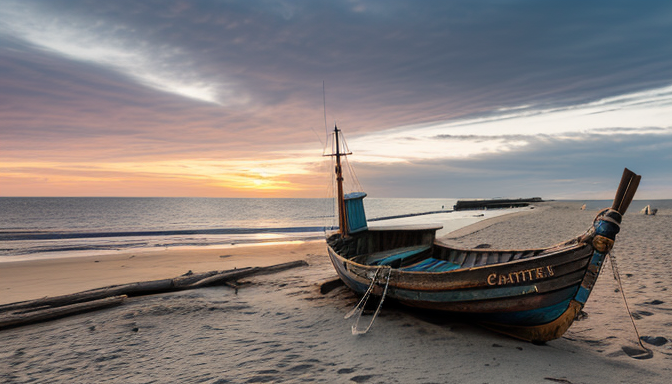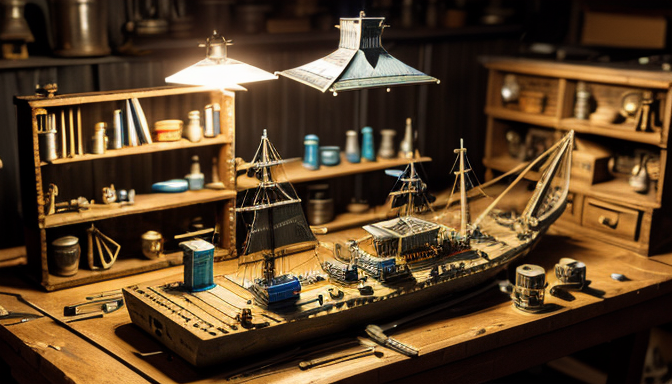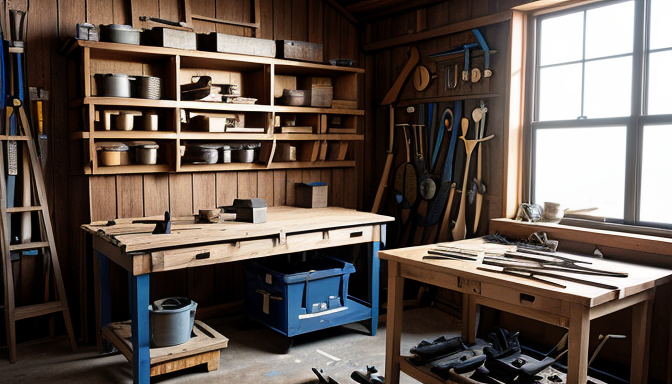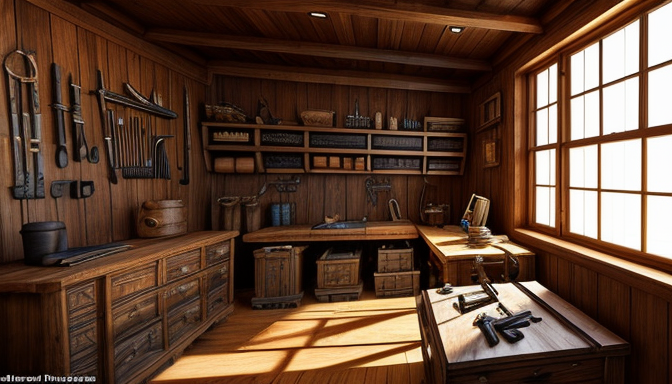Explore the Fascinating History of Nautical Hobbies
This article delves into the rich history of nautical hobbies, examining their origins, evolution, and the cultural significance they hold in maritime traditions around the world.
Nautical hobbies have a history as deep as the oceans themselves. They trace their roots back to ancient civilizations, where the sea was not just a source of sustenance but also a canvas for creativity and craftsmanship. Imagine ancient Egyptians crafting intricate papyrus boats or the Phoenicians building trade vessels that would become the envy of the Mediterranean. These early pursuits were not merely pastimes; they were vital for survival and trade.
As we sailed through the ages, nautical hobbies transformed dramatically. With the advent of the Industrial Revolution, new technologies revolutionized how we interacted with the sea. Model shipbuilding, for example, saw a surge in popularity. Hobbyists began to meticulously recreate historical ships, using a variety of materials ranging from wood to plastic. Today, enthusiasts have access to a plethora of guides and resources that help them navigate this intricate art.
| Type of Nautical Hobby | Materials Used | Popular Tools |
|---|---|---|
| Model Ship Building | Wood, Plastic, Metal | Saws, Glue, Paints |
| Fishing | Rods, Reels, Baits | Hooks, Tackle Boxes |
| Sailing | Fiberglass, Canvas | Sails, Navigation Tools |
From the thrill of catching the big one to the serene joy of sailing, these hobbies offer a window into the maritime world. So, whether you’re a seasoned sailor or a budding ship model builder, there’s a treasure trove of knowledge and community waiting for you. Dive in and explore the waves of history that shaped these beloved pastimes!
The Origins of Nautical Hobbies
Have you ever wondered how our fascination with the sea and its wonders began? The origins of nautical hobbies can be traced back to ancient civilizations, where the vastness of the ocean inspired countless adventures and pursuits. Early humans, driven by survival, crafted simple boats to fish and traverse waterways, marking the first steps toward what we now recognize as nautical hobbies.
As societies evolved, so did their relationship with the sea. The Egyptians, Greeks, and Romans all developed their own unique maritime cultures, engaging in activities such as fishing, trading, and exploration. These early endeavors laid the groundwork for hobbies that would flourish over centuries. For instance, ship model building emerged as a popular pastime, allowing enthusiasts to replicate the majestic vessels that sailed the seas. Guides for ship model builders became essential, offering insights into tools, materials, and techniques necessary for crafting intricate models.
Moreover, the rise of maritime museums and collectors’ showcases highlighted the cultural significance of these hobbies. They became more than just a way to pass the time; they transformed into a means of preserving history and celebrating the art of sailing. Today, we can appreciate the craftsmanship that goes into creating model ships, thanks to the rich legacy of nautical hobbies. Whether you’re a seasoned sailor or a curious landlubber, the origins of these pastimes remind us of our deep connection to the sea.

The Evolution of Nautical Hobbies
As we sail through the ages, nautical hobbies have undergone a remarkable transformation, reflecting not just advancements in technology but also shifts in societal attitudes towards the sea. In ancient times, activities like fishing and sailing were essential for survival, but today, they have evolved into cherished pastimes. Imagine the thrill of a ship model builder meticulously crafting a miniature vessel, armed with nothing but a few tools and a dream!
Fast forward to the present, and you’ll find that the world of nautical hobbies is more vibrant than ever. With the advent of modern materials and tools, hobbyists can now create stunning replicas that capture the essence of maritime history. Guides for ship model builders have become invaluable resources, offering tips on everything from choosing the right materials to advanced techniques in painting and detailing. These guides not only enhance creativity but also foster a sense of community among enthusiasts.
Moreover, the rise of online platforms has allowed collectors to showcase their prized possessions to a global audience. Imagine scrolling through a virtual gallery filled with intricate ship models, each telling its own story of craftsmanship and passion. This evolution has transformed nautical hobbies into a cultural phenomenon, bridging the gap between history and modern-day exploration.
In conclusion, the journey of nautical hobbies is a testament to human ingenuity and the enduring allure of the sea. Whether you’re a seasoned sailor or a curious beginner, there’s a place for you in this fascinating world. So, grab your tools, dive into the rich history, and let your creativity set sail!
Frequently Asked Questions
- What are some popular nautical hobbies?
Nautical hobbies can include a variety of activities such as sailing, fishing, kayaking, and model shipbuilding. Each of these pursuits offers a unique way to connect with the sea and enjoy the great outdoors.
- How did nautical hobbies originate?
The origins of nautical hobbies can be traced back to ancient civilizations that relied on the sea for trade and sustenance. Activities like fishing and sailing were essential for survival, which eventually evolved into leisure pursuits as societies advanced.
- What impact has technology had on nautical hobbies?
Technology has significantly transformed nautical hobbies. From the invention of the motorboat to modern navigation systems, these advancements have made sailing and fishing more accessible and enjoyable for enthusiasts of all skill levels.
- Are there any cultural significance to nautical hobbies?
Absolutely! Nautical hobbies often reflect cultural traditions and values, with many communities celebrating their maritime heritage through festivals, competitions, and storytelling, making these hobbies a vital part of their identity.






